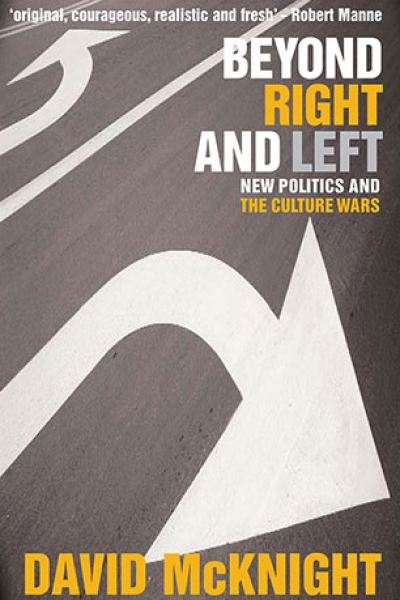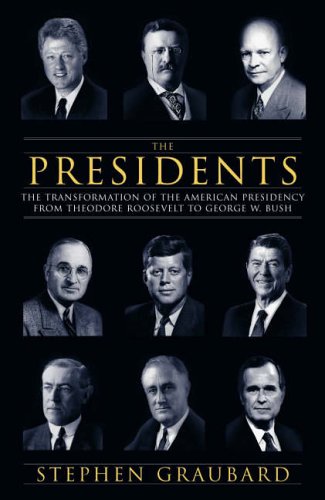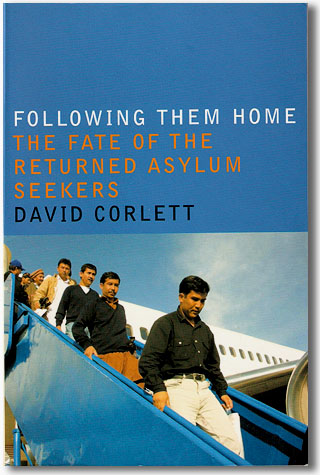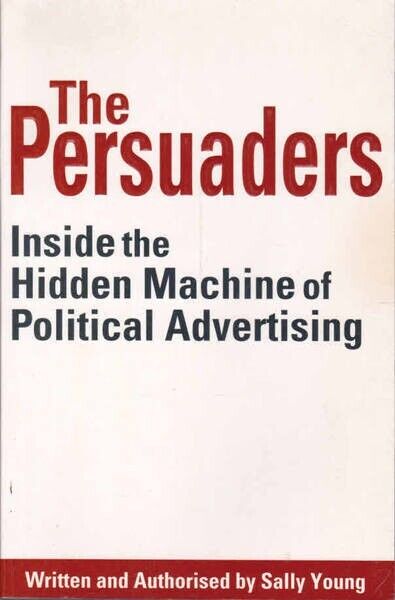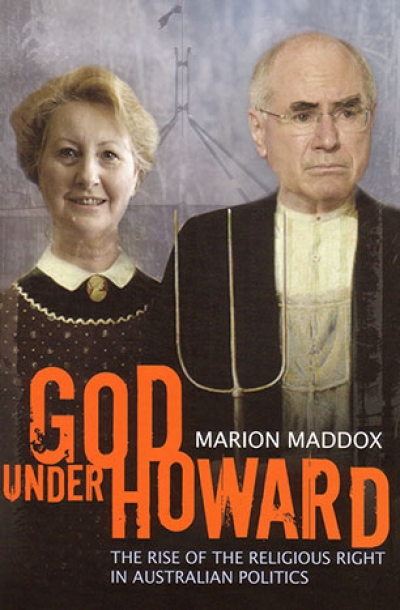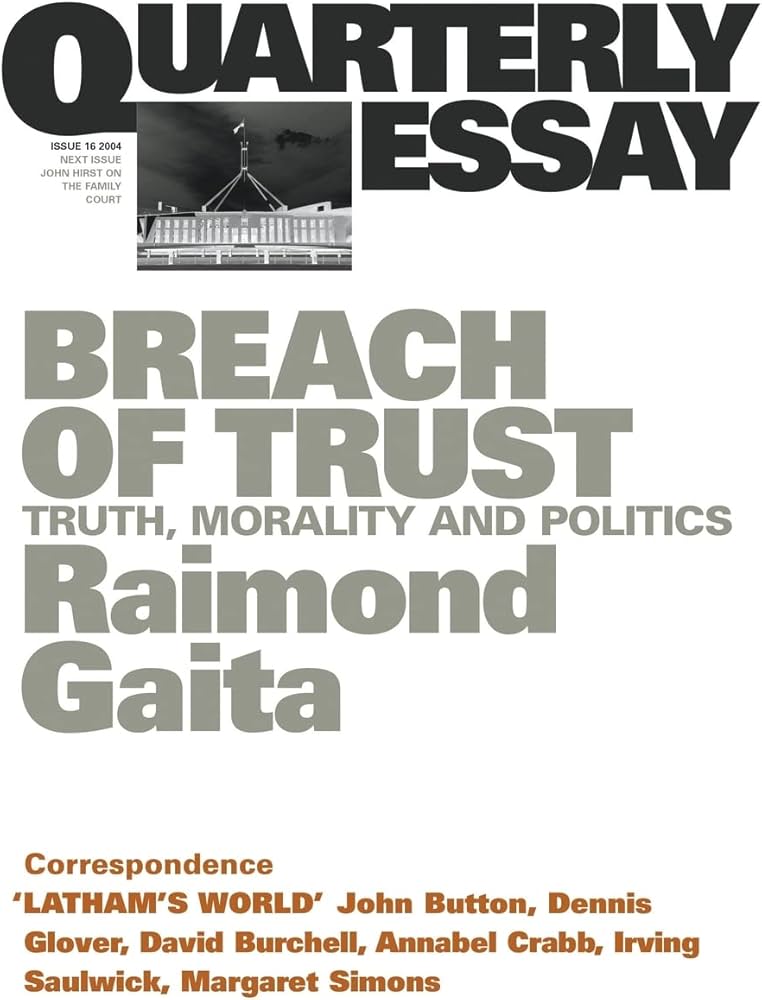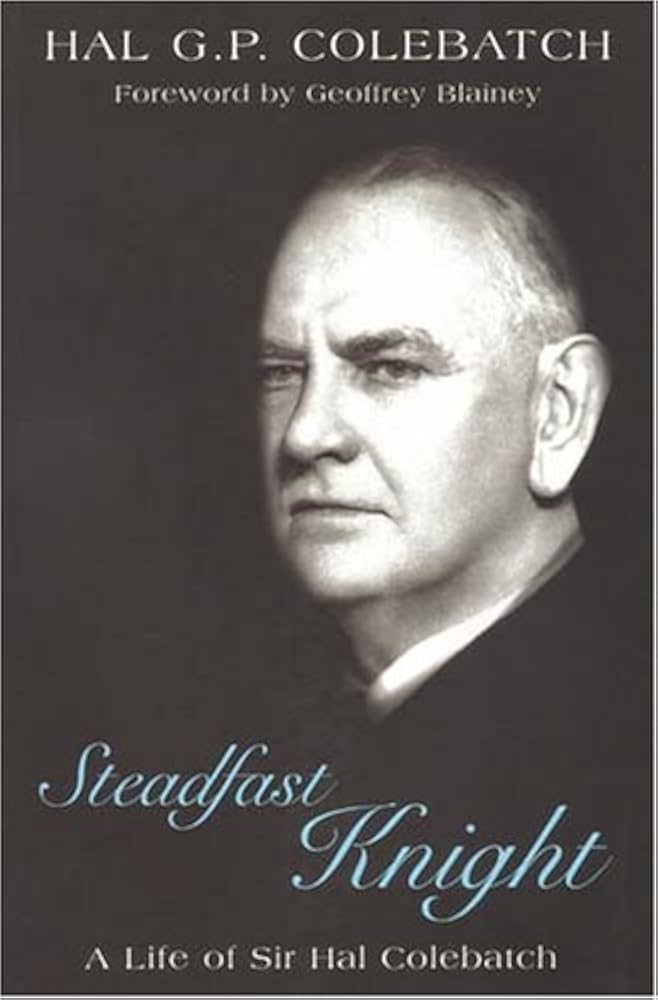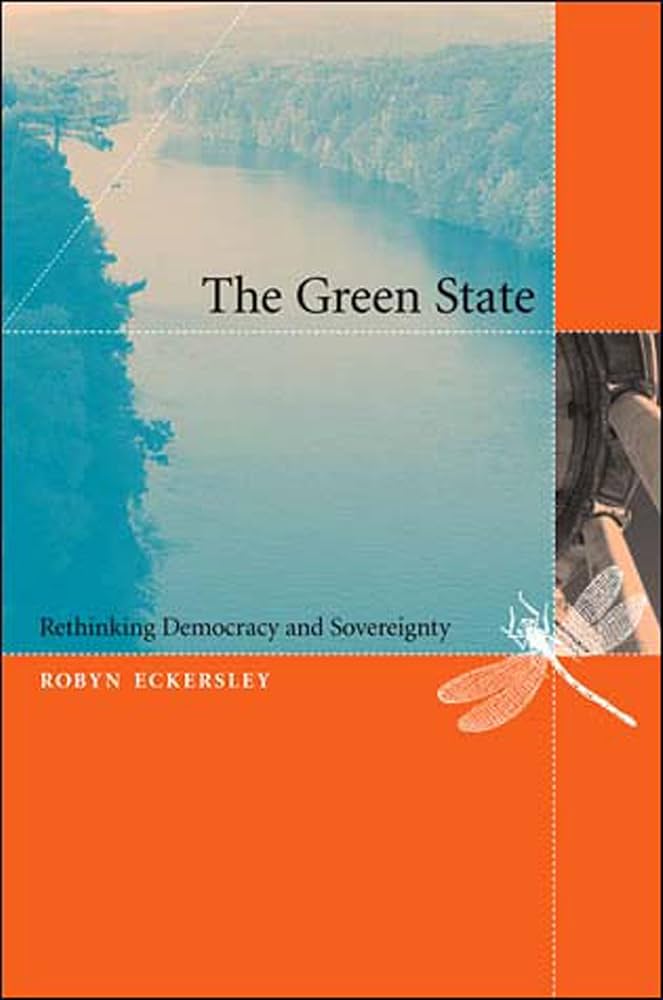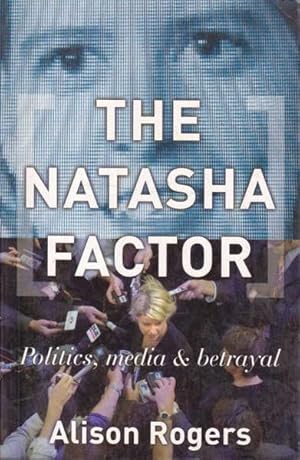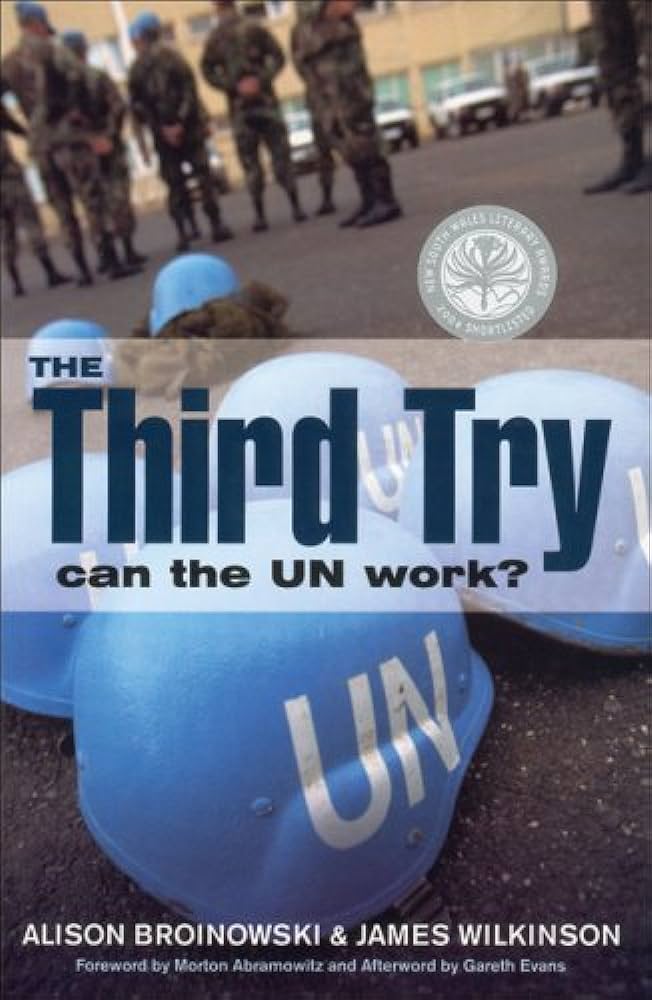Politics
Beyond Right and Left: New politics and the culture wars by David McKnight
In the last twenty years, the belief in a transformative left – socialist, communist, whatever – has collapsed more comprehensively than at any time since its beginnings in 1789. The Western working class is overwhelmingly oriented towards individual life, acquisition and consumption; the working class of the developing world has not developed major radical parties in the face of substantial repression of trade union organisation; faith in central planning, market socialism, interconnected cooperatives and the like drained away in the late 1970s, and no alternative plan for running the economy is on the table.
... (read more)The Presidents: The transformation of the presidency from Theodore Roosevelt to George W. Bush by Stephen Graubard
The parameters of the twentieth century have, in the hands of historians, proved rather malleable. The need to contextualise the ‘End of History’, and a belief that eras are less arbitrarily and more accurately defined by events than by calendars, justified Eric Hobsbawm’s chosen bookends to his acclaimed Age of Extremes: The Short Twentieth Century, 1914–1991 (1994). Harvard historian Stephen Graubard, in his magisterial exploration of the transformation of the American presidency during the twentieth century, extends the reach of the century into the twenty-first – a continuity justified by the redolence of the strategies pursued by George W. Bush to those of Ronald Reagan. For all the present incumbent’s protestations of paradigm shifts necessitating new approaches and responses, Graubard convincingly posits him among the twentieth-century presidents.
... (read more)Following Them Home: The fate of the returned asylum seekers by David Corlett
The federal government maintains that it has no obligation to monitor the fate of non-citizens removed from Australia’s shores. In fact, it argues that it is better not to monitor returnees, since surveillance by a Western government might put them at greater risk. In certain circumstances this may be true: in a theocracy such as Iran, for example, where the very act of leaving renders a citizen suspect. In the main, however, the government’s argument is self-serving. The fate of Australian citizen Vivian Alvarez Solon, left to decline slowly in a Philippines hospice, shines a more revealing light on policy. It shows that Australian authorities have cultivated a determined indifference to the fate of deportees on the basis that ignorance is bliss. No care, no responsibility.
... (read more)The Persuaders: Inside the hidden machine of political advertising by Sally Young
In a discussion on election advertising, an American political operative was asked whether it is preferable to run a ‘negative’ advertisement (criticising an opponent) or a ‘positive’ message (extolling the client candidate). He replied: ‘If it’s negative, it works. If it’s positive, save it for your tombstone.’ In Australia, the major political parties are similarly inclined: according to Sally Young’s research, sixty per cent of television advertisements in federal election campaigns since 1993 have been in the ‘negative’ category. The public’s general dislike of politicians facilitates this approach. For the same reason, the advertising party usually employs an actor to dish out the dirt. Young, a political scientist, has extensively researched political advertising in Australia. The Persuaders: Inside the Hidden Machine of Political Advertising covers the evolution of political advertising in this country and the effectiveness (or otherwise) of various campaigns over the last fifty years.
... (read more)God Under Howard: The rise of the religious right in Australian politics by Marion Maddox
Campaigning during the 1912 US presidential election, the great labour leader and socialist Eugene Debs used to tell his supporters that he could not lead them into the Promised Land because if they were trusting enough to be led in they would be trusting enough to be led out again. In other words, he was counselling his voters to resist the easy certitude that zealotry brings; to reject a politics that trades on blind faith rather than the critical power of reason.
... (read more)Quarterly Essay 16: Breach of trust: truth, morality and politics by Raimond Gaita
On 15 February 2005 the Labor Opposition launched a ‘matter of public importance’ (MPI) debate on ‘truth in government’ in the House of Representatives. An MPI debate is really only an invitation to comment on a ‘matter for discussion’, with no vote taken, as would be the case in a censure motion. The parliamentary discussion is simply timed out. But it is a useful opposition tactic for getting arguments and evidence on the public record.
... (read more)Steadfast Knight: A life of Sir Hal Colebatch by Hal G. P. Colebatch
‘If goods cannot cross frontiers, armies will.’ This prescient remark was made by the Western Australian politician Sir Hal Colebatch, well before the German and Japanese armies started their march in 1936. In a federation not lacking in strong state politicians – Thomas Playford, Henry Bolte, Don Dunstan, Joh Bjelke-Petersen, Charles Court and Jeff Kennett come to mind for the twentieth century – Colebatch (1872–1953) stands out by virtue of his interests and priorities. He is a reminder (and the eastern states often need reminding) that Western Australia has been from the start, and remains to some degree, another country.
... (read more)The Green State: Rethinking Democracy and Sovereignty by Robyn Eckersley
Robyn Eckersley’s provocative new study of environmental governance reinvests belief in the democratic state as a site of ethical action and ecological responsibility. She counters a trend in recent Green thinking to see the state, in particular the liberal democratic state, as the enemy of current and future environmental well-being. Eckersley’s own background is in political science, and she largely engages with other political theorists. However, the anti-statist perspective that she questions is common across a range of environmental disciplines, and it is refreshing to see a re-visioning of the political structures we already have rather than an imagined future ‘ecotopia’ as an answer to environmental ills.
... (read more)The Natasha Factor: Politics, Media and Betrayal by Alison Rogers
Alison Rogers has shone the spotlight on a shadowy aspect of politics: the role and experiences of the media adviser. As her story is also an insider’s account of Senator Natasha Stott-Despoja’s period as leader of the Australian Democrats, its value is enhanced, both for what it tells us about Stott-Despoja, as well as its less than flattering treatment of the Democrats’ party machine.
... (read more)The Third Try by Alison Broinowski and James Wilkinson & Australian and US Military Cooperation by Christopher Hubbard
Reflecting on the sixty-year history of the United Nations, it seems obvious that this is an organisation created through the slow and tortured process of natural evolution rather than the product of careful, intelligent design.
Years ago, back when the UN had barely escaped its adolescence, the Nobel laureate and eminent diplomat Ralph Bunche observed that ‘the United Nations is a young organisation in the process of developing in response to challenges of all kinds’. He referred to institutional enlargement that typically continued as the global agenda grew. Agencies soon developed to coordinate the work of other agencies. Consequently, the modern UN became a haphazard creature, made up of a bewildering mix of political organs. Each part is intended to serve a different purpose, whether maintaining international security, advancing respect for fundamental human rights, or promoting economic development. And each component comes labelled with an almost impossible array of scientific-sounding designations (EcoSoc, for instance, UNEP, UNESCO, UNICEF and plenty more to make up page after page of abbreviation lists).
... (read more)

